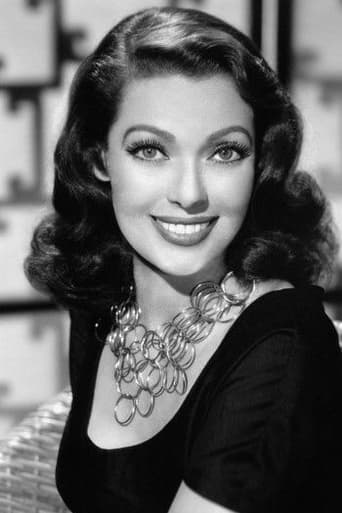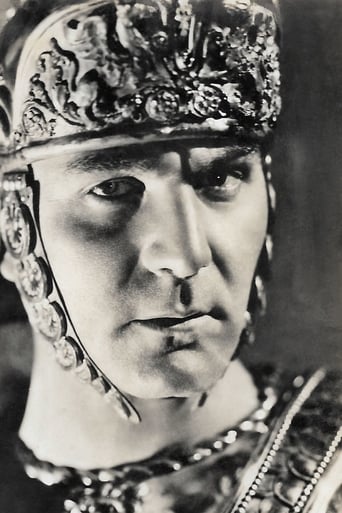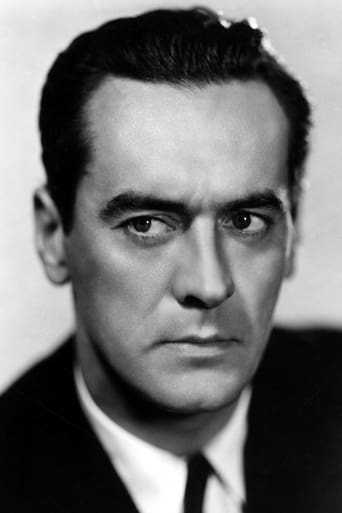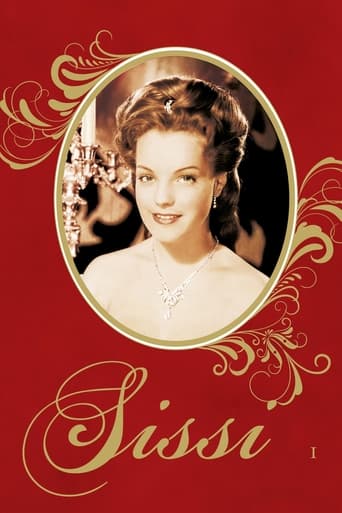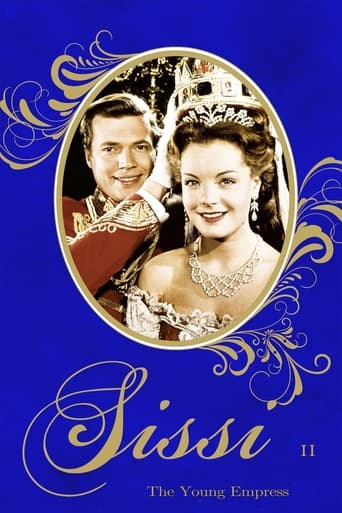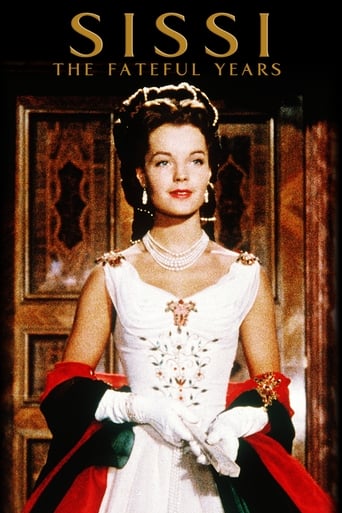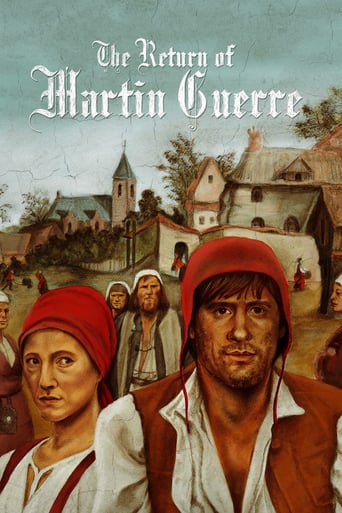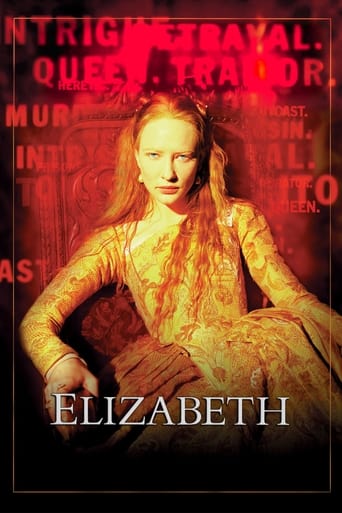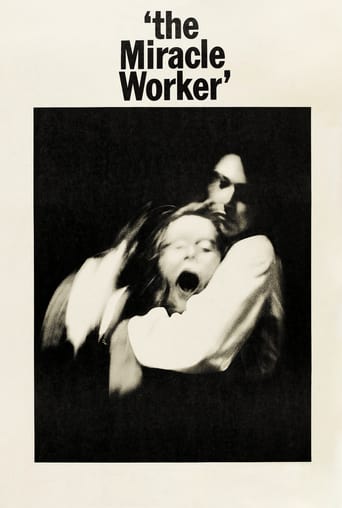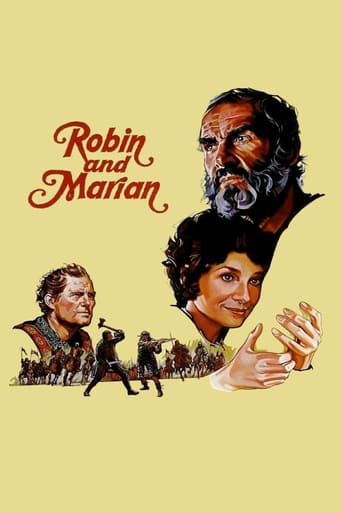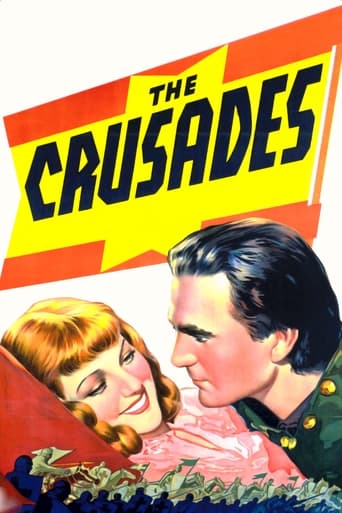
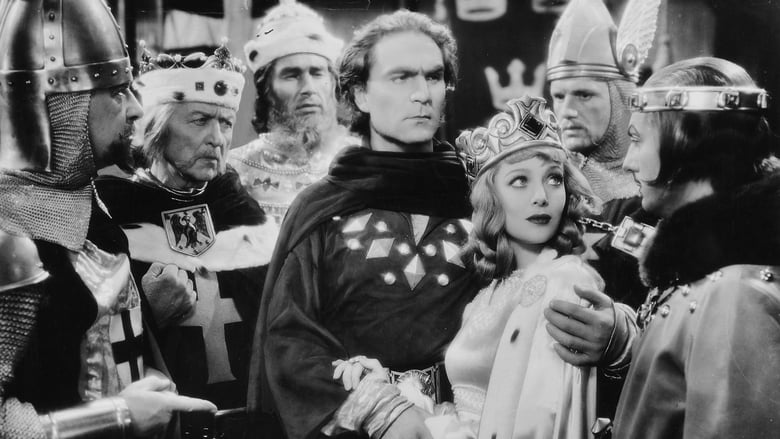
The Crusades (1935)
King Richard the Lionhearted launches a crusade to preserve Christianity in Jerusalem.
Watch Trailer
Cast


Similar titles
Reviews
To me, this movie is perfection.
the audience applauded
Best movie ever!
In truth, there is barely enough story here to make a film.
To begin with, being a fan of the epic genre, I had always wanted to check this one out and, in fact, was very pleased when Universal released it as part of their 5-Disc Cecil B. De Mille collection; however, since I already owned both THE SIGN OF THE CROSS (1932) and CLEOPATRA (1934) via TCM showings, I kept postponing the purchase of this set until I acquired the lot through a friend of my father's! Having been duly impressed with those two De Mille spectaculars, I had intended to watch this immediately (I got the film around the middle of last year) but for various reasons I even had to exclude it from my Christmas viewing I could only get to it now that Easter is approaching! Incidentally, the 5th of March happened to mark the centenary from the birth of actor Rex Harrison, who had starred as Saladin (the villainous 'infidel' of THE CRUSADES) in KING RICHARD AND THE CRUSADERS (1954), which I recorded off Italian TV (even if I had already watched it and in spite of its poor reputation) expressly for the purpose of accompanying my viewing of De Mille's film! Anyway, THE CRUSADES is another notable achievement (from the days prior to the epic heyday of the 1950s and 1960s) which goes to prove yet again that De Mille was perhaps cinema's greatest purveyor of hokum disguised as inspirational art for the masses (even if this particular example, reportedly, flopped at the box-office).The central relationship between gorgeous Loretta Young (such strong female presences abound in the director's work) and De Mille regular Henry Wilcoxon (an unusually handsome, and Godless, Richard the Lionheart amusingly referred to by Saladin as "The Lion King"!) goes through some interesting, yet oddly believable, tangents during the course of the film. Starting off in antagonistic vein more typical of then-current screwball comedies (he even prefers carousing with his men to their wedding ceremony, where his place is eventually taken by the royal sword!), it develops into one that borders on amour fou which could jeopardize the outcome of the whole crusade (it's actually comparable to the bond-to-the-death between Roman centurion Fredric March and Christian slave Elissa Landi in the earlier THE SIGN OF THE CROSS)! The excellent supporting cast includes, among others, Ian Keith (as Saladin), Joseph Schildkarut (typically sneaky as one of the Christian rulers), C. Henry Gordon (as the French King, whose sister Katharine De Mille the director's adopted daughter Richard has deliberately spurned), Alan Hale (as Richard's minstrel/sidekick, a Little John type that would soon become his trademark), C. Aubrey Smith (as the old hermit who is challenged by the overly confident Saladin at the beginning of the picture to rally the Christian countries in a crusade against his forces and, later, made hostage and chained to a cross to bar passage to the advancing army, he asks Richard to proceed with the attack regardless!) and Mischa Auer (in an early role as a monk).While the script obviously eschews the Robin Hood legend that has become associated with Richard and the Crusades (the Douglas Fairbanks version of 1922 about that popular outlaw figure, in fact, spends more time with him as a knight than the proverbial 'Merrie Man'!), subtlety is still the last thing one would hope to find in a De Mille pageant. In fact, Young's abduction by the Muslims (with her dressed as a sentry in a suicidal bid to end the discord between the various royals!) is pretty contrived; similarly, the fact that Young is contended in the terms laid down by Saladin for the truce with the Christian world is pure Hollywood. With this in mind, the dialogue (co-written by Dudley Nichols) is consciously stilted throughout albeit featuring such good lines as Saladin's defiant claim to the monarchs gathered in their tent, "There is room enough in Asia to bury all of you!" Made after the dreaded (and stifling) Hays Code came into force, it's not as bloodthirsty as the afore-mentioned THE SIGN OF THE CROSS even so, the battle scenes are quite realistic (with the clanging of heavy steel being heard as the opposing armies clash in a confusion of warriors and horses) and may well have influenced Sergei Eisenstein's Alexander NEVSKY (1938). There is one evident display of viciousness here on an isolated member of Schildkraut's treacherous army as a clutch of Muslim riders (appearing on the scene to rescue the cornered Wilcoxon at the instigation of Saladin himself, in the hope of thus winning Young's love) fall on him en masse with their spears. Boasting superlative photography (Victor Milner's work in this capacity presented the film with its sole Oscar nomination) and massive crowd scenes, the film survives as tremendous entertainment even after all these years. Incidentally, it seemed common practice in spectacles of the era to provide villains of the Muslim persuasion as can be gathered from the likes of ABDUL THE DAMNED (1935; a British production I first watched over Christmas), THE LIVES OF A BENGAL LANCER (1935), THE CHARGE OF THE LIGHT BRIGADE (1936) and GUNGA DIN (1939).
Now, the Crusades are not only historically an exercise in grandeur, bigotry, and hubris, but often are portrayed as such in films, even in modern ones that lay claims to "anti-war" justification for the carnage that they show. Seeing a movie from the 30s, by a man who uses Christian topics often, wouldn't you expect more of the same? I did, and was sorely mistaken. Cecil B. DeMille's "The Crusades" is actually a romance movie about a man who learns humility and grace through love.That man is Richard the Lionheart (Henry Wilcoxon), who joins the Third Crusade to show off his brawn and evade a political marriage. Ironically, in order to even make it to the battle, he is forced into another political marriage, and even more ironic than that, upon meeting his new wife he falls helplessly in love. Of course, that doesn't mean the way is paved for a happily-ever-after unless he learns to do something with that pesky arrogance and militancy he has. This, surprisingly enough, leads him to rediscover Christianity and learn a humble grace that seems a contradiction to the usual (and also, ehrm, historical) image of the Crusades.The actual battle scenes are kept to minimum, but they're surprisingly harsh and visceral. I expected, due to the era, for DeMille's battle scenes to be poetic justification for large levels of carnage, but perhaps because I'm unfamiliar with a large part of DeMille's work, perhaps because of my own immersion into the primary sources of the Crusades, I ended up completely mesmerized by a much starker anti-war message than any contemporary film has fully justified for me. Add to this a very crafty script that quietly and gracefully clears up all promises, ties up loose ends, and creates a completely believable mix of unique characterizations, and DeMille's "Crusades" ends up being a very delicious and powerful romantic story.I've not previously been very interested in DeMille's career beyond his importance to Hollywood and film history, but this movie made it clear that he is an expert craftsman and artist.--PolarisDiB
In his autobiography, C. B. Demille indicated that he found the greatest compliment ever given to the film was during an IRS audit. The agent doing the audit was astonished that a film that good didn't make any money.The historian and author Harold Lamb was instrumental in the scripting. Demille wanted the flavor of the Crusades in the one film, so The Hermit was used to outline the cause of the Crusades, and was used to "compress" the timeline to the Third Crusade. He also wanted to show that Saladin was as "knightly" as any of the Crusaders.The film provides spectacle throughout, from ceremonies to battles, but that was Demille's style. The political intrigue in the background was more pronounced in this film than behind-the-scenes activities in . other Demille films, but that touch may have been Mr. Lamb's.I first saw this on television, many years ago, by accident. It wasn't scheduled, but I happened to tune in to it when it started. It caught my attention, and I was hooked. It's one of his better films. It's also an interesting contrast to Kingdom of Heaven.
THE CRUSADES is a film of awesome power with some of the finest costumes, epic battles and all the pagentry expected of the legendary Cecil B. DeMille. Henry Wilcoxon's Richard the Lionheart gives (along with his star turn as Marc Anthony in DeMille's CLEOPATRA the previous year) the greatest performance of his entire career. Mesmerizing in its power, just as effective today as when it was filmed in 1935. A must-see for all who esteem the epic/spectacle genre. Fine performances given by an all-star cast right down to DeMille regulars in supporting roles. They don't get much better than this!


